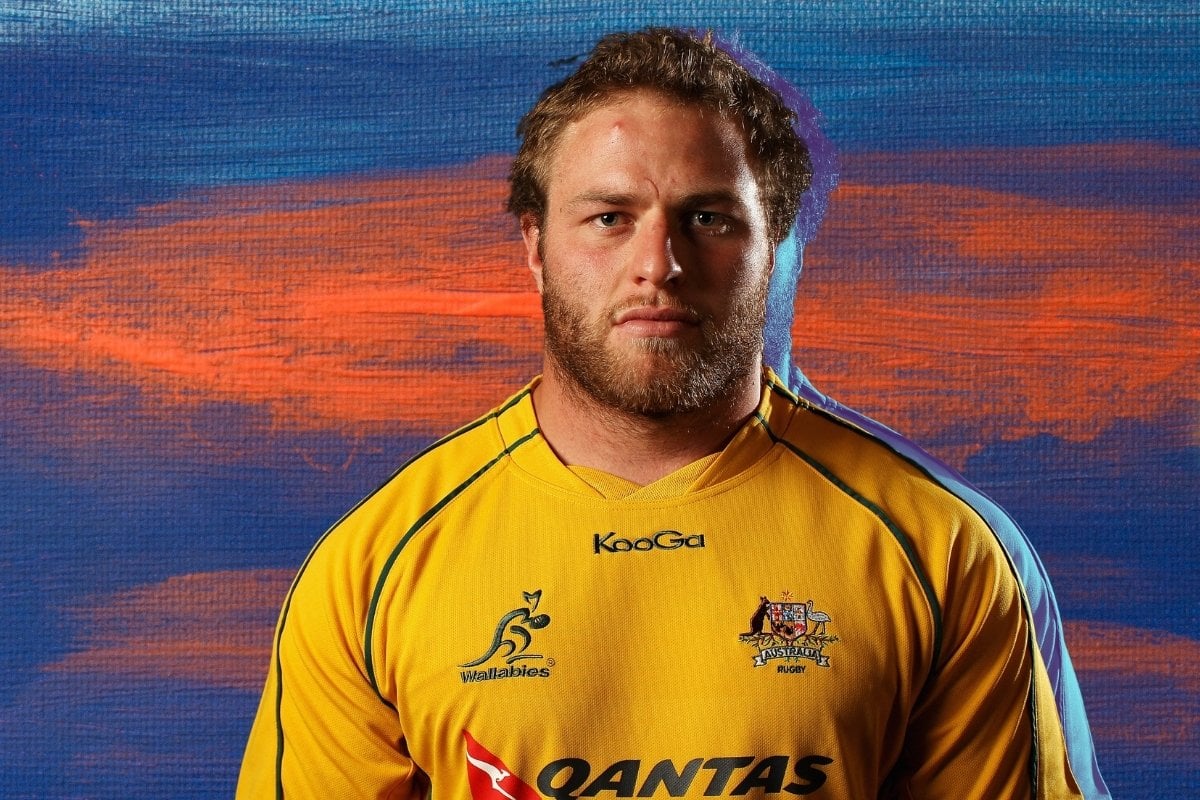
It was a Friday morning like any other.
Wake up, scroll the news on my phone, skip over the sports stories.
My thumb stopped at a headline I didn't expect to see.
"My own death felt preferable to anyone discovering I was gay."
Former Wallabies player Dan Palmer (whom admittedly I hadn't heard of before because of my sports-skipping tendencies), had written a powerful 'coming out' piece in the Sydney Morning Herald.
Palmer made international headlines for becoming only the second male rugby union professional in the world, after Welsh player Gareth Thomas, to come out as gay.
Despite an enviable rugby career from 2007 to 2014, including a stint for French team Grenoble, Palmer felt he was "trapped in a false narrative and could see no way out".
"Most nights, I cried myself to sleep and routinely numbed myself with a heavy cocktail of opioids," he wrote. "I fantasised about disappearing, changing my name and starting my life all over again. It is not an exaggeration to say my own death felt preferable to anybody discovering I was gay."
These words are shocking to read in 2020. We know that the majority of Australians (61 per cent in the 2017 marriage equality postal survey) are supportive of the rights of LGBTQ people to choose what they want to do with their lives. This is a clear step forward.
And yet, Palmer describes a feeling so many LGBTQ people may have felt at a particular point in time, even today.
There's a script that society lays out for you. Be a good heterosexual and don't disturb the peace. Act like a man or woman. Don't be too effeminate in school, if you're a boy. Don't be too masculine, if you're a girl. Act like you're 'normal'. Disguise yourself if you're not. Don't embarrass the family. Don't embarrass yourself. Get engaged, get married, buy a house with a white picket fence, have kids, and 'fit in' with the local community.
